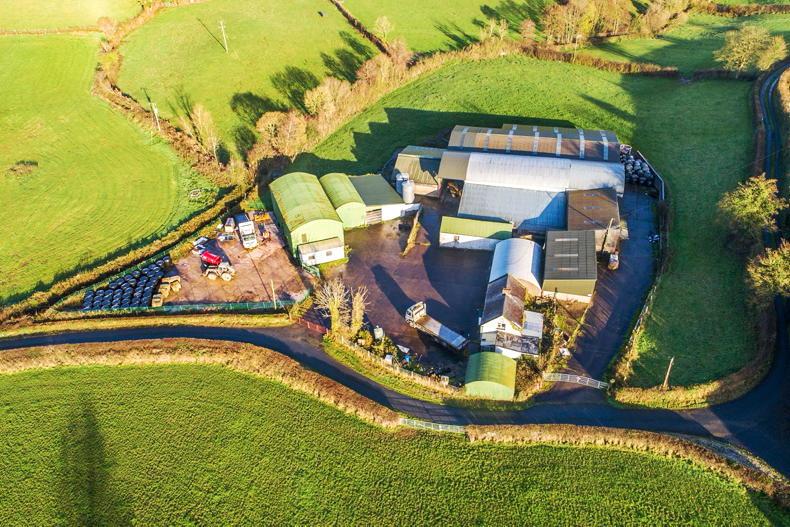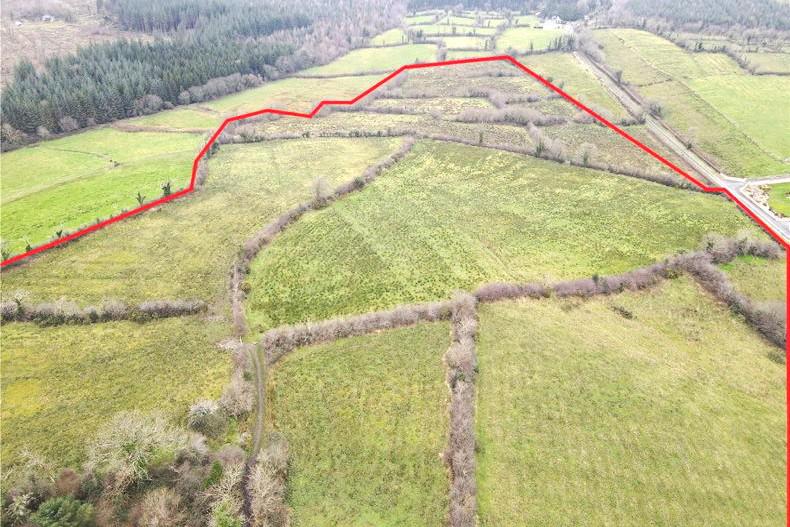It’s a beautiful May morning and I’m on an early bus to Dublin. The countryside is looking its absolute best – grass is lush, sheep and cattle are content, and crops are growing at last, having spent most of the spring in the bag in the shed.
My overwhelming emotion is one of gratitude. I’m grateful to live in such a picturesque, fertile country. I’m grateful to own a tiny piece of it, and to be a farmer.
And then I correct myself, as I don’t really think of myself as owning land. For me, possessing land is like having a child; you are responsible for it, and you are tasked with looking after it, it’s wellbeing should be your priority. I am the legal owner of some land, but I have an ethical and moral obligation to look after that land.
That obligation is due primarily to the generations that went before me. Like most people, I inherited much of the land I farm. The land was passed to me on the understanding that I would care for it and pass it on in good heart to the next generation.
This was never said explicitly, but from the time I was in short trousers I was carried on shoulders around fields looking at livestock and crops.
A love of the land and an understanding of the enduring relationship between a farming family and the few acres in their stewardship was passed on to me.
I’m on my way to meet British climate communicator George Marshall. After decades of being outsider voices, people like George are now close to the heart of power. He’s here in Ireland at the invitation of Minister for the Environment, Eamon Ryan, similarly a lifelong climate activist, to look at the dialogue around climate change. I’ll be communicating the complexity of farmer reaction to what is being asked – demanded – of them.
Some commentators would like to portray farmers as knee-jerk opponents of all environmental restriction on land management and food production. That is not my experience.
Care for the land
I find farmers deeply care about their land. They innately understand that how they manage holdings has a profound effect on the wildlife, the wild flowers, plants, and trees.
Farmers and their families can literally taste, smell and see that water, air and soil quality are all linked to systems of farming.
The farm stories that hit the headlines in national news are frequently the bad news stories. However, this should not skew farmers’ understanding of how they are regarded in society. Research and polling consistently show the Irish public are strongly supportive of farmers and the Common Agricultural Policy (CAP)
Given some of the public discourse, one could be misled into thinking farmers have a negative attitude towards change. Nothing could be further from the truth. There has been constant evolution in food production and land management. The emphasis has switched from increased intensity of production and output to reducing the impact of that production on the surrounding natural world, but that’s no reason for farmers to fear the change ahead.
Deficit in information
However, there is a huge deficit in information in relation to some of the key asks of farming, especially around rewetting, the subject of last weekend’s online long read. Farmers have improved their land from a productivity perspective, with the encouragement and support of the State and the EU. Now they are being told that must be unwound and reversed.
The danger is that issues like rewetting will create an atmosphere of negativity and fear among farmers and their families. And that the deep love people have for the land could be turned from a positive force driving change to a negative one resisting change. That would be awful.









SHARING OPTIONS